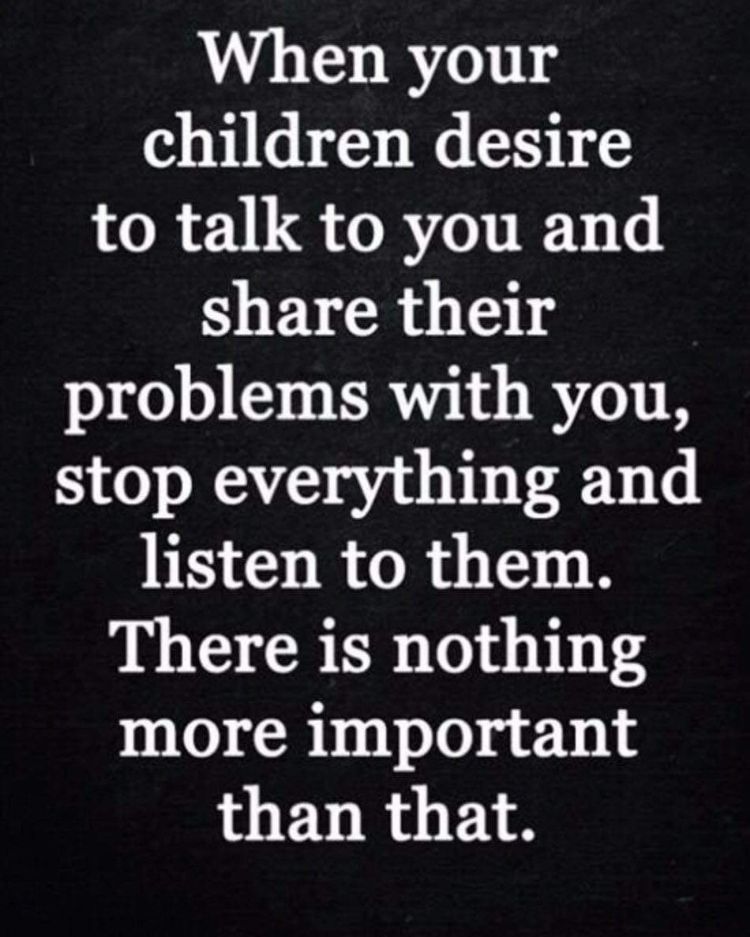How to Make Forgiveness a Daily Family Practice (Even When It's Hard)
- Layne McDonald
- Oct 25, 2025
- 5 min read
Your seven-year-old just called their sibling "stupid" for the third time today. Your teenager slammed their door after you asked them to clean their room. Your spouse snapped at you during dinner because work was overwhelming. Sound familiar?
These aren't the big, dramatic moments we think about when we hear "forgiveness." But here's what I've learned after years of ministry and raising my own family: forgiveness isn't reserved for the major betrayals or life-altering hurts. Real transformation happens when we make forgiveness a daily rhythm: especially in the small, messy moments that make up family life.
Why Daily Forgiveness Changes Everything
Most families treat forgiveness like emergency medicine: something you pull out only when relationships are on life support. But what if forgiveness became more like a daily vitamin? Something that strengthens your family's immune system before the big conflicts even hit?
When forgiveness becomes a daily practice, you're not just resolving individual conflicts. You're building a family culture where grace flows naturally, where mistakes don't define relationships, and where healing happens faster because the soil is already prepared.
Think about it this way: if you only exercised when you were having a heart attack, it wouldn't do much good. But daily movement builds strength that protects you when real challenges come. Forgiveness works the same way.

Start Small, Think Daily
The beauty of daily forgiveness practice is that you don't need major drama to get started. Those everyday irritations: the spilled juice, the forgotten chores, the sharp words: these become your training ground.
Here's how to begin:
• Address small hurts immediately: Don't let minor conflicts fester. When your child feels hurt by a sibling's comment, use it as a teaching moment rather than dismissing it with "they didn't mean it."
• Give processing time, not pressure: Resist the urge to force immediate reconciliation. Saying "just forgive and forget" teaches kids to suppress emotions rather than work through them.
• Model forgiveness yourself: Let your children see you forgiving: your spouse, your friends, even them when they mess up. Your example teaches more than your words ever could.
• Celebrate small victories: When someone chooses forgiveness over revenge, acknowledge it. "I noticed how you chose to be kind to your brother even though you were still hurt. That takes real strength."
The goal isn't perfection. It's progress. Every small act of forgiveness builds the muscle your family will need when bigger challenges come.
Making It Practical: Daily Rhythms That Work
Creating sustainable forgiveness practices means embedding them into rhythms your family already has. You don't need to add another item to your already-packed schedule: you need to transform moments you're already living.
Morning Intentions: Start each day by praying together, especially prayers that include asking for forgiveness. The Lord's Prayer reminds us daily that we ask God to "forgive us our trespasses, as we forgive those who trespass against us." This sets the tone that forgiveness is both something we need and something we give.
Bedtime Reflection: Before your children go to sleep, ask them to think about their day. "Is there anyone you might need to forgive before you rest?" This isn't about forcing confessions: it's about teaching them that carrying unforgiveness into tomorrow is optional.
Family Meetings: Set aside time weekly to address any ongoing tensions. Create space for honest conversation about hurts, apologies, and next steps. Make it safe for anyone to bring up something that's been bothering them.
• Use the "ouch and oops" method: When someone feels hurt, they can say "ouch" and explain what happened. The person who caused the hurt can respond with "oops" and a genuine apology.
• Focus on repair, not punishment: Ask "How can we make this right?" instead of "Who's to blame?"
• End with affirmation: Close these conversations by reminding each family member of something you love about them.

When Forgiveness Feels Impossible
Some hurts go deeper than spilled milk or forgotten chores. When real wounds exist in your family: betrayal of trust, harsh words that left scars, patterns of behavior that caused genuine harm: forgiveness becomes more complex.
Here's what I've learned about the hard cases:
Forgiveness doesn't mean forgetting: You can choose to release resentment while still maintaining healthy boundaries. Forgiving your teenager for lying doesn't mean you stop checking up on them: it means you don't let bitterness poison your relationship.
It's a process, not an event: Some hurts require you to choose forgiveness multiple times. When those old feelings resurface, it doesn't mean your forgiveness "didn't work." It means you're human, and healing takes time.
Separate forgiveness from trust: Forgiveness is something you give; trust is something that's earned back over time. You can forgive someone immediately and still require them to rebuild trust through consistent actions.
Practice empathy without excusing: Try to understand what pain or circumstance might have led to hurtful behavior. This doesn't excuse it, but it often makes compassion possible.
The REACH method offers a helpful framework for these deeper hurts:
• Recall the hurt honestly, without casting yourself as a victim or them as a villain • Empathize by trying to understand their perspective and circumstances • Altruistic gift: choose to forgive as an act of grace, not because they deserve it • Commit to your decision by saying "I choose to forgive" out loud or in writing • Hold onto forgiveness by repeating this commitment when old feelings resurface
The Christ-Centered Foundation
As Christian families, we have something the world doesn't offer: a Savior who modeled radical forgiveness even while dying on the cross. "Father, forgive them, for they know not what they do." If Jesus could forgive those who crucified Him, we can learn to forgive the daily hurts within our families.
This isn't about guilt-tripping anyone into forgiveness. It's about drawing on a power greater than our own emotions. When your heart feels too wounded to forgive, you can pray: "God, I can't forgive them right now, but You can. Help me see them through Your eyes."
Scripture reminds us that we forgive because we've been forgiven. Not perfectly, not immediately, but progressively. Each day, we grow in our capacity to extend the same grace we've received.

Building a Legacy of Grace
Here's the beautiful truth about making forgiveness a daily family practice: you're not just solving today's problems. You're teaching your children how to handle conflict for the rest of their lives. You're creating a safe place where people can be imperfect without being rejected. You're building a legacy of grace that will impact generations.
Your kids will make mistakes. They'll hurt others and be hurt by others. But if they've grown up in a home where forgiveness flows freely, they'll know how to repair relationships instead of abandoning them. They'll understand that conflict doesn't mean the end of love: it means love gets to prove itself through grace.
Years from now, when your adult children face their own relationship challenges, they won't just remember your words about forgiveness. They'll remember the feeling of being forgiven, over and over, in the safety of home.
Ready to Transform Your Family Culture?
Making forgiveness a daily practice isn't easy, but it's simple. Start small. Be patient with the process. Draw on God's strength when your own runs out.
If you're feeling overwhelmed by hurt in your family: or if you want to build these practices but aren't sure where to start: I'd love to help. Through my mentorship and coaching, I work with parents and families to create practical, Christ-centered approaches to conflict resolution and relationship building.
Book a free 30-minute consultation at laynemcdonald.com and let's talk about how to bring more grace into your daily family life. You can also check out my book "Healing & Forgiveness Through Christ" for deeper dive into biblical approaches to forgiveness and family healing.
Your family doesn't have to stay stuck in cycles of hurt and resentment. Forgiveness really can become as natural as breathing: one day, one choice, one grace-filled moment at a time.

$50
Product Title
Product Details goes here with the simple product description and more information can be seen by clicking the see more button. Product Details goes here with the simple product description and more information can be seen by clicking the see more button

$50
Product Title
Product Details goes here with the simple product description and more information can be seen by clicking the see more button. Product Details goes here with the simple product description and more information can be seen by clicking the see more button.

$50
Product Title
Product Details goes here with the simple product description and more information can be seen by clicking the see more button. Product Details goes here with the simple product description and more information can be seen by clicking the see more button.



Comments